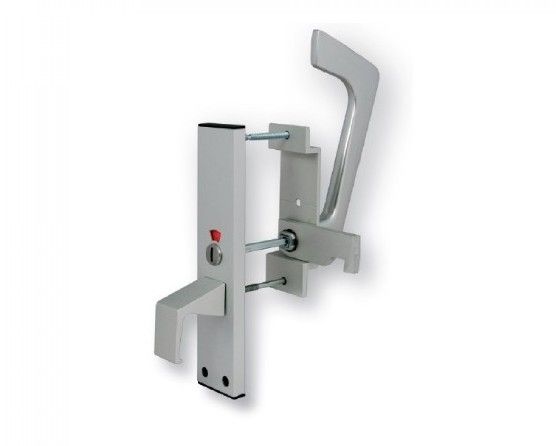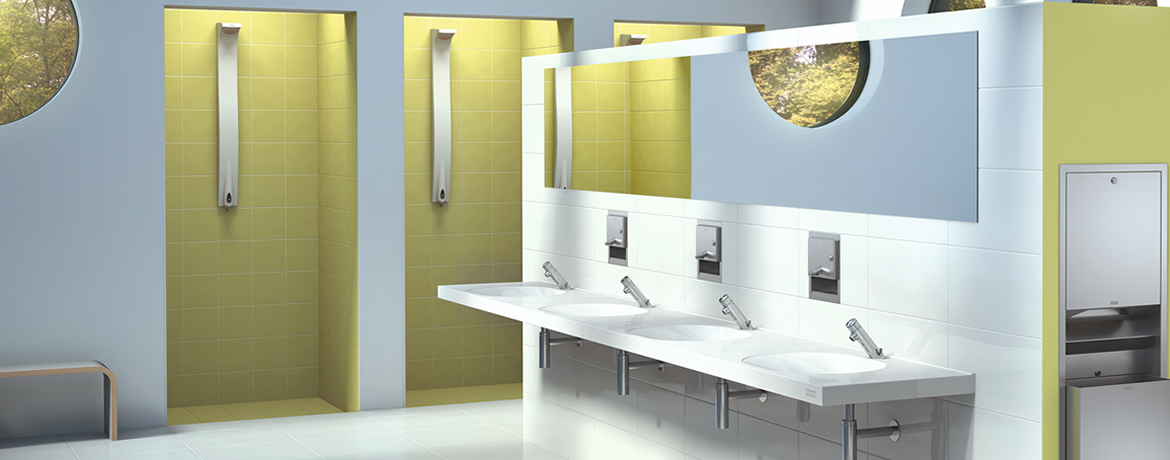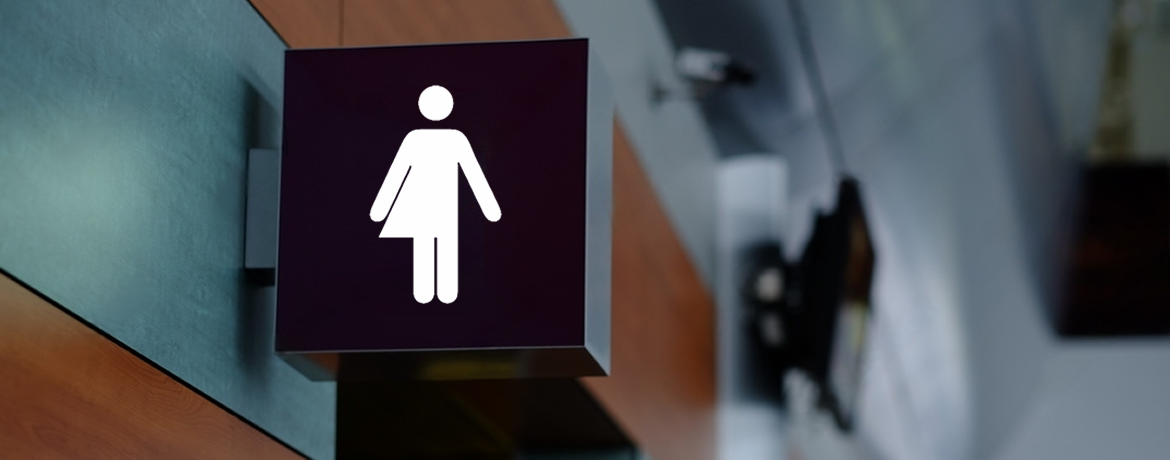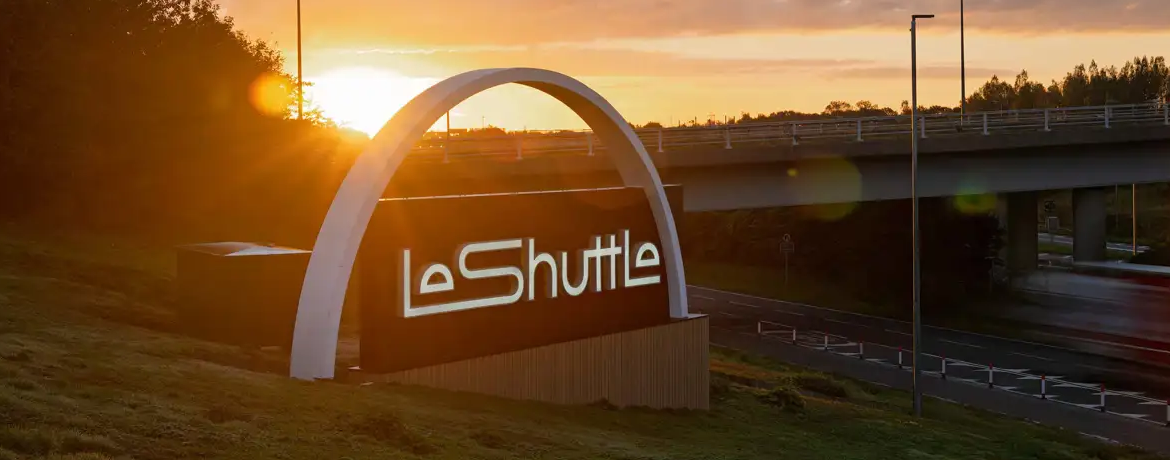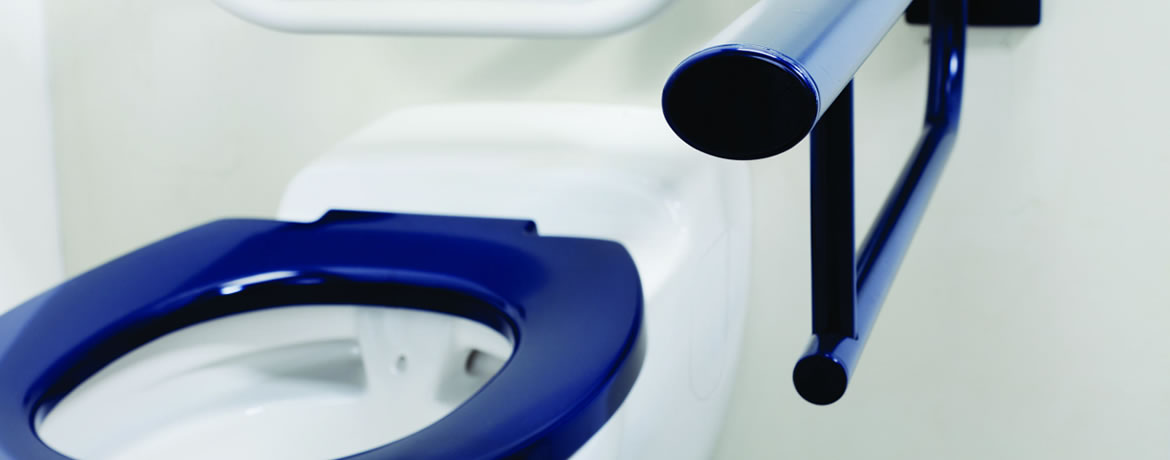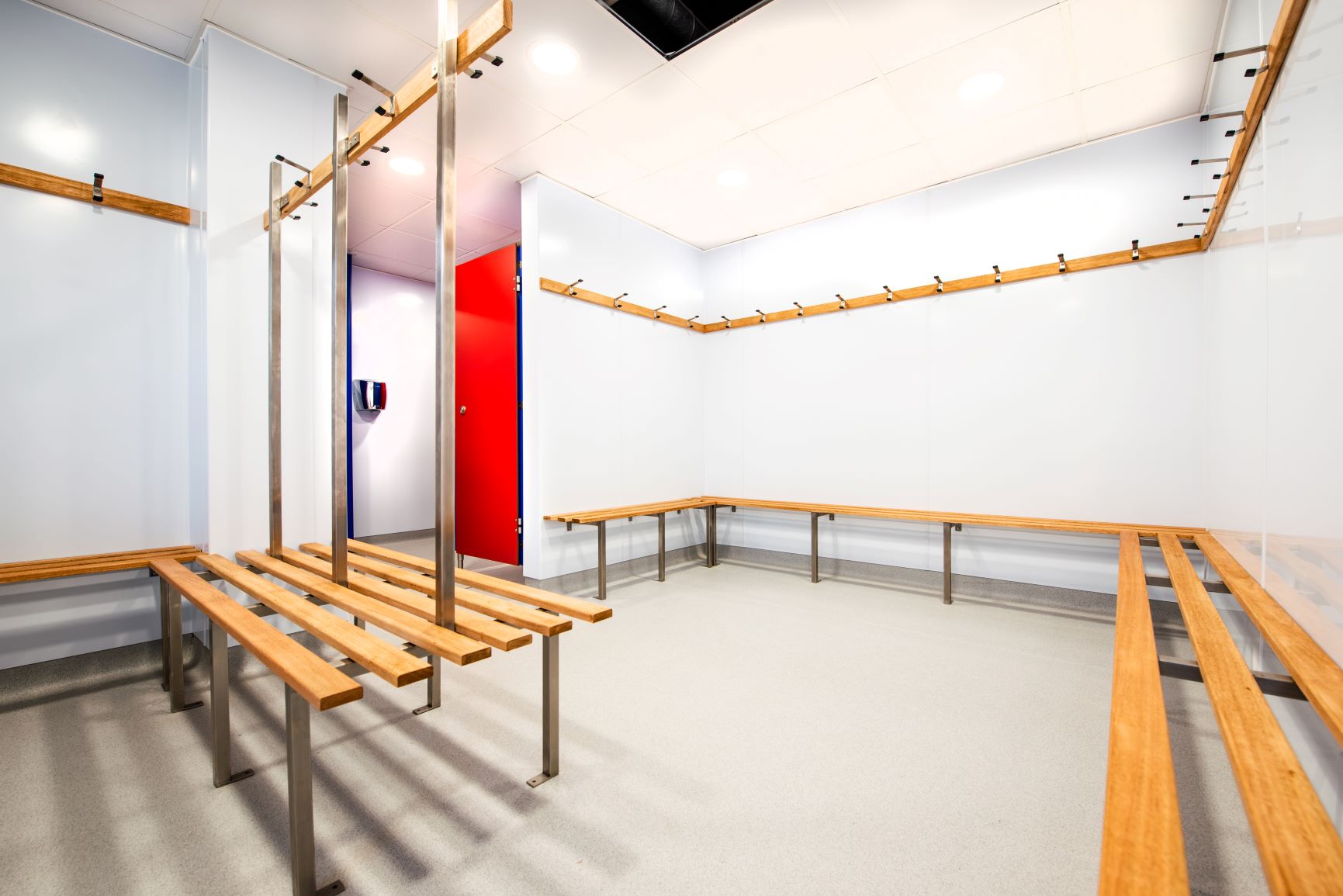Why Are Disabled Toilets Locked?
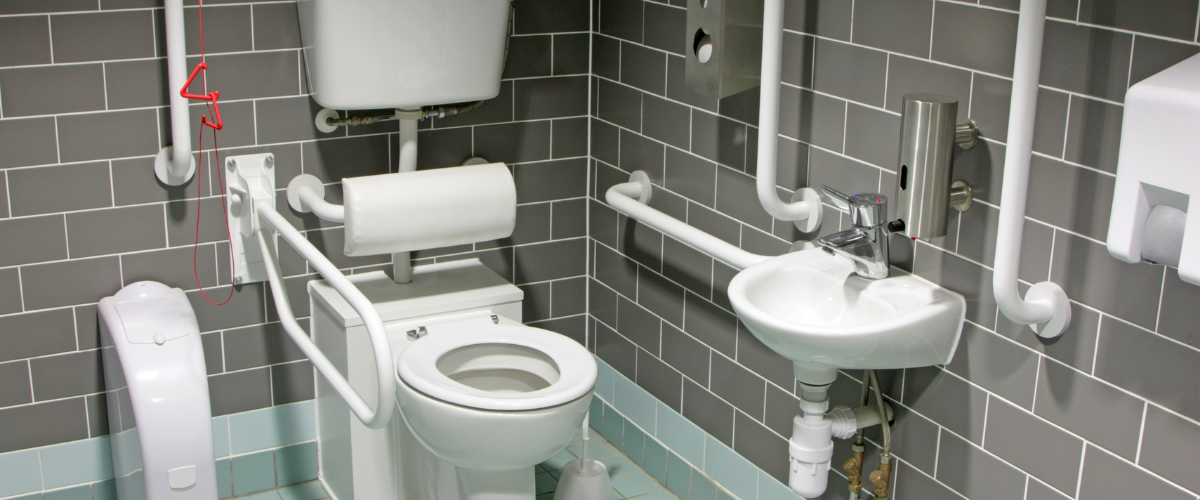
It might seem counterproductive to have disabled toilets locked, but on most occasions, this is an effort to protect them from misuse and vandalism. In many cases disabled toilets often double up as a baby changing facility, further emphasising the need for controlled access. However, while many disabled washrooms are locked, they can still be opened by those who truly need them thanks to RADAR locks.
What is a RADAR lock?
RADAR stands for the Royal Association for Disability and Rehabilitation, although today it is known as Disability Rights UK. In 1981, they helped devise a national key scheme (NKS) to ensure that only those users in need of disabled washrooms facilities would have access to them, protecting these washrooms from misuse and vandalism. RADAR locks for disabled toilets provide commercial businesses and public organisations with a locking system that can be accessed by a universal RADAR key, held by disabled users all over the UK. This locking system is one of the most popular disabled washroom accessories and you will find these locks used at public conveniences, supermarkets, shopping centres and service stations as well as railways and airports. They are hugely advantageous in areas where washrooms are unmanned.
Who is entitled to a RADAR key?
Of course, site managers and cleaners will have a RADAR key to access your disabled washrooms, but anyone in the UK registered with a disability should be able to get one for free from their local authority. Spare keys can also be bought commercially from Commercial Washrooms.
When should disabled toilets not be locked?
While locking your disabled washrooms helps protect them, it’s not always advisable. In settings where washrooms are manned or in private businesses and care homes, disabled washrooms can be left open and accessible to all. If you’re a small business and you only have one toilet and have made the decision to make it a disabled washroom, then you should not use RADAR locks as this washroom will be used by all visitors and customers. Instead, we recommend a Union Disabled Toilet Door Lock.
If you would like further advice on disabled washroom design and best practice, get in touch with one of the Commercial Washrooms team on 01202 650900
MORE TO EXPLORE IN Related Posts
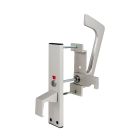
Union Disabled Toilet Door Lock
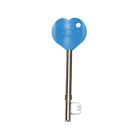
NKS RADAR Key with Blue Heart Handle

Disabled Toilet Room Audio Visual Alarm System
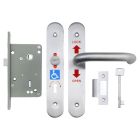
RADAR Disabled Door Lockset In Polished Aluminium
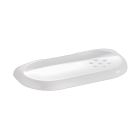
Premium Anti-bacterial Duraplast Colostomy Bag Shelf

Disabled Toilet Room Alarm Kit System - White or Stainless Steel


